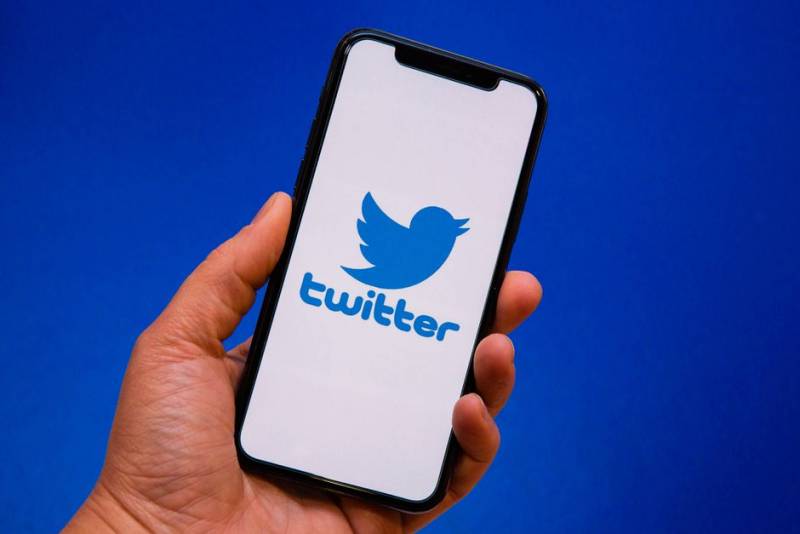Whatever your thoughts on the new Twitter owner, Elon Musk, it’s a tough time to be a current or ex-Twitter employee. The management shake-up has left some abruptly jobless and others unsure of or reevaluating their position at the social media giant.
One web designer, Dimple Jeswani, decided she’d had enough of the uncertainty. A month ago, the head office told Dimple that she would “not be impacted” by the layoffs. However, she felt this was insensitive to the lack of job security the layoffs had on every ‘Tweep’, as some Twitter employees call themselves. Especially with the recent news that Musk allegedly fired more women than men.
Dimple took her fate into her own hands and left Twitter, entering the job market with her pride intact. After interning at MasterCard as a web designer and then going on to work for finance company PayPal and then Twitter, her credentials spoke for themselves. She quickly got a job offer from what she describes as a “D- suite startup” that needed employees with her skillset, but then things turned a little odd. “Something very weird happened to me yesterday,” Dimple explains on her LinkedIn account.“I had a 15-minute call with the co-founder and asked him, ‘what are your views on Elon Musk’s leadership?” Shortly afterward, Dimple received a call telling her the employer had retracted the job offer because they considered her “not a cultural fit” for their company.
Dimple asks her followers and connections, “Should I feel guilty for asking this?? This really is a litmus test!!!” Unsurprisingly, her LinkedIn post exploded, bringing up many questions about how acceptable it is to ask challenging or political questions in an interview. With over five thousand responses (at the time of writing) and counting, her experience has elicited a significant volume of views. Many sympathized with Dimple, with one user replying, “If a company is comfortable to ask questions on my past… why can’t I ask similar questions and expect transparency from them!”
And others firmly disagreed with Dimple’s approach, advising her to stay away from political territory in future interviews. A partner at an accountancy firm commented, “Your question was not tough, it was inadequate. You are a software engineer and not a reporter. It showed the person rejecting you a red flag of you bringing in your toxic viewpoints.” Most of Dimple’s users were neutral, advising her to avoid questions that potential employers might consider politically charged in the future.
“I think you dodged a bullet” was the most common response, along with users urging her to go for a more diplomatic approach in her following interview. This debate is fascinating because it touches on many everyday interactions. When is it okay to ask challenging questions? Only at home? To those we love and trust? Certainly not in some interview situations, it would appear.
However, perhaps we should not be looking to find a political agreement and just accept that we all have different views, even if those views are simply what is political and what isn’t. When we disagree, we know we need to move on. When we agree, we will probably work well with those individuals. At the end of her post, Dimple clearly states she is now looking for an employer who is “confident about your leadership at your company.”
I wish Dimple Jeswani the best of luck finding a new role and thank her for stimulating this discussion on her original post.




